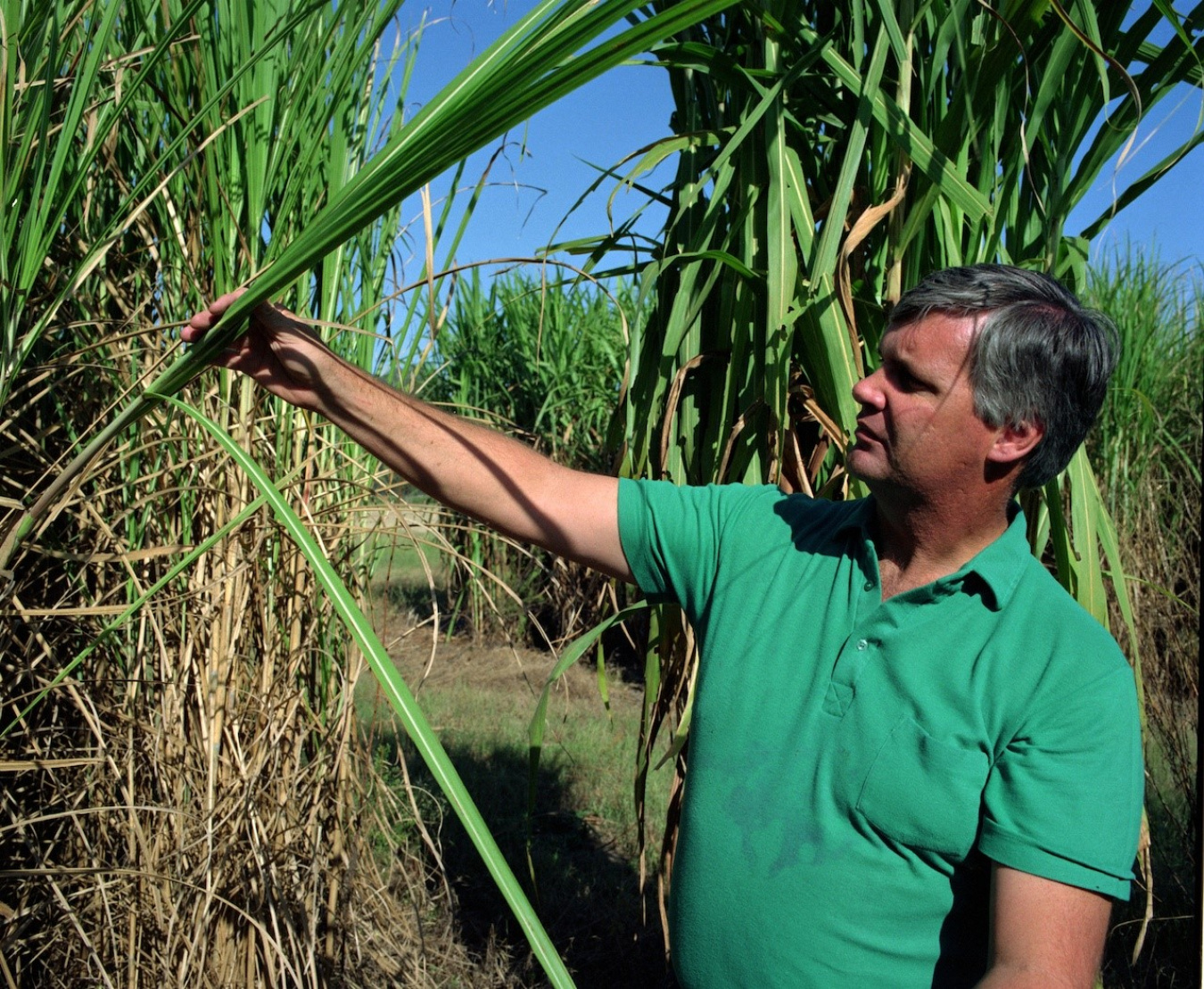
Photo Credit: Warren Gretz / National Renewable Energy Laboratory
The job of senior plant scientist is an advanced position in bioenergy, in the agriculture, life, and physical sciences career sub-sector. Job seekers with agriculture, life, and physical sciences backgrounds or a career in the sciences could consider this type of advanced bioenergy job.
Senior plant scientists provide the lead design direction for present and future research activities aimed at enhancing the productivity of biomass feedstocks. People in these positions may have careers in bioenergy plant science.
Senior Plant Scientist
| Alternate Title(s) | Supervisory Plant Scientist; Senior Agronomist; Senior Botanist; Senior Plant Geneticist |
| Education & Training Level Description | Doctorate in Plant Science, Plant Breeding, Biotechnology, Plant Pathology, Agronomy, Crop Science, Entomology, Genetics, Soil Science, Biology or a related field. |
| Experience | 10+ years |
| Job Skills |
|
| Job Profile | The United States has the potential to sustainably produce over 1 billion tons of biomass annually for renewable fuels, power, and products. Much of this biomass will come from dedicated energy crops—non-food crops that can be grown on land not suitable for traditional crops, specifically to provide biomass—and other agricultural resources. Improvements in crop yield and productivity as well as reductions in fertilizer and pesticide requirements will help the industry realize this vast potential. With knowledge of biology, genetics, entomology, and soil science, plant scientists are uniquely qualified to help develop and enhance bioenergy crop systems, while protecting the nation’s natural resources. Plant scientists conduct research on energy crop breeding, physiology, production, and yield. They also study different crop management techniques in order to discern the best ways to plant, harvest, and cultivate the plants as well as develop methods to control weeds and pests to keep crops disease-free. Their ultimate goal is to work scientifically to produce the finest crops for use in bioenergy production systems, on a consistent basis. At the senior level, agronomists provide the lead design direction for present and future research activities aimed at enhancing the productivity of biomass feedstocks. A PhD in plant science, plant breeding, biotechnology, plant pathology, agronomy, agricultural engineering, crop science, entomology, genetics, soil science, biology, or a related field is highly preferred. Significant experience in the field and professional licensure may substitute for additional education. Individuals at this level should demonstrate experience through high-level publications and leadership positions. A professional background in the bioenergy sector is highly preferable. |
More Advanced Agriculture, Life, and Physical Sciences Jobs in Bioenergy
- Senior Physical Scientist
- Senior Natural Resources Management Specialist
- Senior Biological Scientist
Related Bioenergy Career Resources
Bioenergy Career Exploration Wheel
